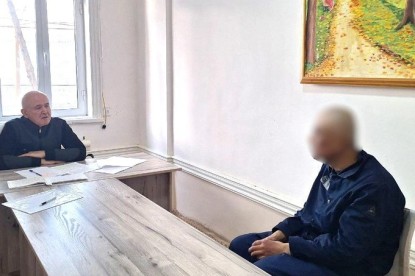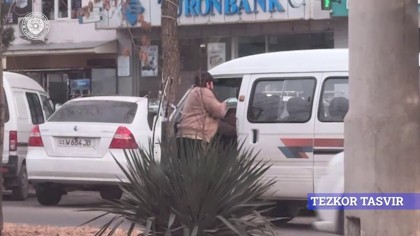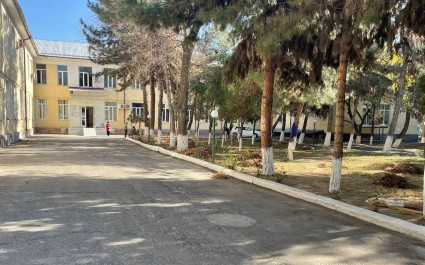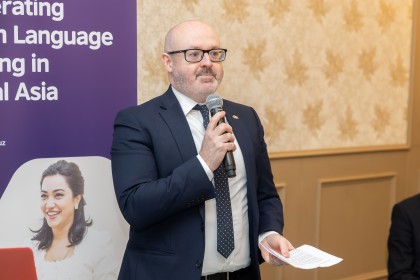Prime Ministers of Uzbekistan Abdulla Aripov and Russia Dmitry Medvedev signed an agreement on construction of a nuclear power plant in Uzbekistan. The signing ceremony took place following the 19th meeting of the Intergovernmental Commission on Economic Cooperation in Moscow Friday.
The deal provides for cooperation in the design, construction , the commissioning, operation and decommissioning of a nuclear power plant in Uzbekistan consisting of two power blocks of water-water energetic reactor according to a Russian project with a 1.2 GW installed capacity of each power block.
"This is a very important decision taken by the President of Uzbekistan," Uzbek PM said.
He also recalled that the Russian government provided grants to train Uzbek specialists in Russian universities and expressed gratitude for the decision to open a branch of the Moscow Engineering Physics Institute in Uzbekistan.
The Russian Premier Medvedev expressed his satisfaction with the fact that cooperation with Uzbekistan in the field of peaceful use of atomic energy is elevating to a practical level, with "the survey work on the site now underway."
"Undoubtedly, the project is of a strategic nature," said Dmitry Medvedev. "It is a huge and complex one, but it creates a basis for high-tech cooperation between our countries for decades to come. We are now talking about a major transfer of technology, the training of Uzbek specialists with a wide range of qualifications. And this, to a certain degree, elevates Uzbekistan to a different level of technological development."
The Intergovernmental Commission of Uzbekistan and Russia is now chaired by the prime ministers, although this role is usually assigned to vice premiers.
Abdulla Aripov added that the high level of the chairmanship in the commission "testifies of how much attention the sides are paying to the development of mutually beneficial and planned cooperation".
"We positively assess the proposals of the Russian side to set up a new format for the activities of our commission, including working groups in the relevant areas," he said. "This will boost cooperation... in agriculture, fuel and energy complex, engineering, information and communication technologies, light industry, food industry, transport and communications."














